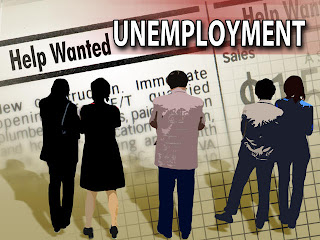RS
10: Cyprus
Cyprus
is a little, European country that lies off the coast of Turkey and
Lebanon. Despite its size and low
popularity, Cyprus has been in the news a lot lately for all the wrong reasons. Similarly to Iceland, Cyprus is dealing with
its own crisis. The country is seeking a
bailout in order to stabilize the economy before it effects any other
countries.
The
whole problem started as a result of deposit insurance. Deposit insurance is a form or protecting
bank depositors when the bank borrows money and cannot pay it back. Everyone knows that when you deposit money in
a bank, the bank pays you interest so they can lend your money. Many countries in Europe invested their money
in the banks of Cyprus. When Greece was
beginning to go through their own downfall, Cyprus decided that they were going
to lend them money to help them out.
Greece was unable to pay the banks of Cyprus back and that is what
caused this whole mess. Cyprus promises its depositors deposit insurance on
accounts up to 100,000 euros; however, this promise was broken.
As
part of the bailout plan, Cyprus announced that they were going to take 6.7%
from all savings accounts and 9.9% from savings accounts that contain over
100,000 euros. This includes taking
money from those who are covered by the deposit insurance. While this idea has
not yet been passed by Parliament, this idea has people in outrage. This would mean that people who invested
money in this bank would not get it all back because the bank took it.
The
biggest problem is that many European countries have invested their money in
the banks of Cyprus. In fact, Russia
invested most of their money in the banks of Cyrus after the Soviet Union split
up. If countries pull their money out of
the banks then the whole economy of Europe will fall. The biggest fear comes if Spain and Italy
pull their money out of Cyprus. Because
these countries are so big and influential, them pulling their money out could
mean the collapse of the entire euro.
We
have all heard stories of some European country that has fallen into an
economic crisis. Unfortunately for the
small country of Cyprus, they are the latest country to be economically
suffering. If the banks of Cyprus did
not lend their money to countries that could not pay them back, then Cyprus
would not be in the situation that they are in right now. Hopefully they find a way to bailout these
banks so the euro does not go under as well.


















